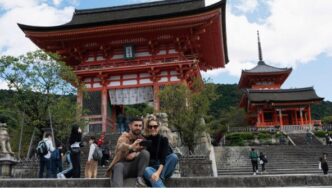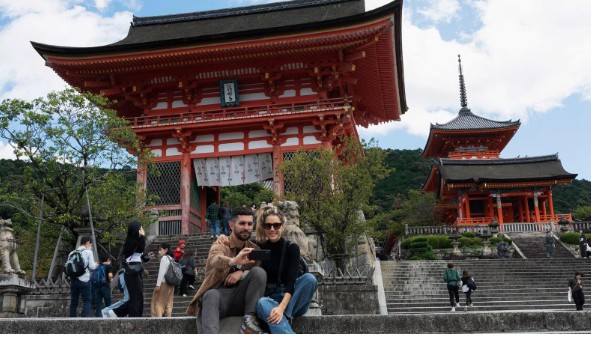Japan is one of the most popular travel destinations in the world, attracting millions of tourist each year with its rich culture, stunning landscapes, and world-class hospitality. However, not every visitor is guaranteed entry. Immigration authorities have strict guidelines, and failing to meet them can result in being turned away at the border. If you’re planning a trip to Japan, it’s important to know the reasons why entry may be denied.
Here are 10 common reasons tourists can be refused entry to Japan:
Incomplete or Incorrect Travel Documents
A valid passport and visa (if required) are non-negotiable. Tourists who present expired passports, damaged documents, or incomplete visa paperwork may be refused entry immediately.
No Return or Onward Ticket
Immigration officers often ask for proof that you’ll leave Japan after your stay. If you can’t show a return ticket or onward travel plan, you may be denied entry, as this raises concerns about overstaying.
Suspicion of Overstaying
If officials suspect that you intend to stay longer than allowed (for work, study, or other reasons beyond your visa), you may be refused entry. This often happens if your financial proof doesn’t match the length of your stay.
Insufficient Funds
Japan requires proof that you can financially support yourself during your trip. If you can’t show enough money (cash, bank statements, or credit cards), immigration may assume you’ll work illegally to support yourself.
Providing False Information
Giving misleading or false information on your visa application or during immigration questioning can lead to denial. Honesty is crucial, as Japan has strict checks against fraud.
Criminal Record
Japan bars entry to people with certain criminal convictions, even minor offenses in some cases. Tourists with a history of drug-related crimes, violent offenses, or fraud may not be allowed in.
Health Concerns
Travelers with certain contagious diseases, or those who appear to pose a public health risk, can be refused entry under Japan’s Immigration Control Act.
Banned or Blacklisted Travelers
Anyone previously deported from Japan, caught working illegally, or banned for immigration violations will likely be denied entry if they attempt to return.
Suspicious Travel Purpose
If your answers during immigration interviews don’t match your visa or travel documents, officers may suspect hidden motives (such as seeking illegal work or overstaying) and deny you entry.
Carrying Prohibited Items
Bringing in illegal drugs, weapons, or restricted goods can not only lead to entry refusal but also arrest. Japan has some of the strictest drug and contraband laws in the world.
Final Thoughts
Japan welcomes millions of tourists every year, but entry is never guaranteed. To avoid being turned away, travelers should carry valid documents, show proof of funds and return travel, and answer immigration questions honestly. Respecting these rules ensures a smooth arrival and allows you to enjoy everything Japan has to offer.
Source:https://www.facebook.com/share/18mEhHofHv/?mibextid=wwXIfr

















